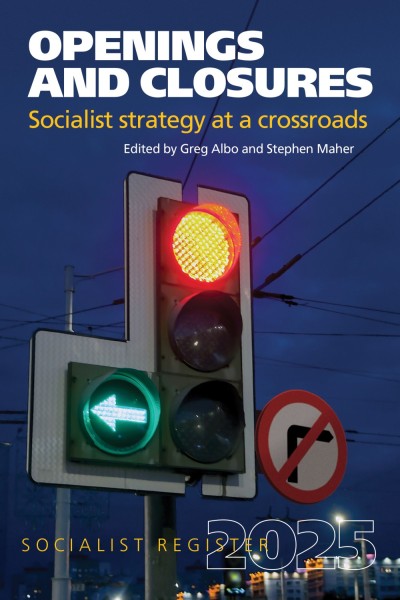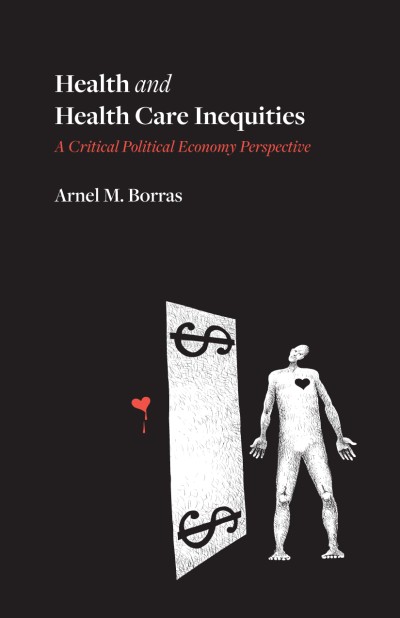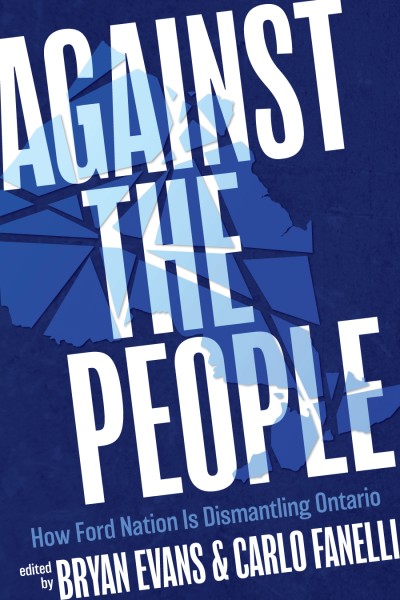
Rethinking Free Speech
We need to rethink free speech to better address diverse goals from knowledge production to democratic participation and individual expression.
About the book
Clashes over free speech rights and wrongs haunt public debates about the state of democracy, freedom and the future. While freedom of speech is recognized as foundational to democratic society, its meaning is persistently misunderstood and distorted. Prominent commentators have built massive platforms around claims that their right to free speech is being undermined. Critics of free speech correctly see these claims as a veil for misogyny, white-supremacy, colonialism and transphobia, concluding it is a political weapon to conserve entrenched power arrangements. But is this all there is to say?
Rethinking Free Speech will change the way you think about the politics of speech and its relationship to the future of freedom and democracy in the age of social media. Political theorist Peter Ives offers a new way of thinking about the essential and increasingly contentious debates around the politics of speech. Drawing on political philosophy, including the classic arguments of JS Mill, and everyday examples, Ives takes the reader on a journey through the hotspots of today’s raging speech wars. In its bold and careful insights on the combative politics of language, Rethinking Free Speech provides a map for critically grasping these battles as they erupt in university classrooms, debates around the meaning of antisemitism, the “cancelling” of racist comedians and the proliferation of hate speech on social media. This is an original and essential guide to the perils and possibilities of communication for democracy and justice.
Video
What people are saying
Eve Haque, Professor, York University“This is the book we need right now. Ives has found a way to make the complex philosophical and political terrain of these debates comprehensible and compelling for all readers. It provides insight into the growing polarization around academic freedom and free speech debates online, on campuses and beyond. Read this book now.”
Dr. Shannon Dea, dean of arts and professor, department of philosophy and classics, University of Regina“This timely, important and accessible book offers both a scholarly overview of and a close critical engagement with freedom of expression, in a way that helps readers move past naïve, monolithic and dogmatic accounts. Ives pays particular attention to social media and the internet, and to differences between Canada and the U.S., making the book essential reading for Canadians in the digital age. It is also highly readable. Pick this book up, and you won’t put it down until you’re done!”
Ajay Parasram, Associate Professor, Dalhousie University“Ives delivers a master class on academic freedom and free speech - a must read for scholars and activists of all political stripes!”
Contents
- Introduction
- Chapter One: Philosophical Justifications
- Chapter Two: Constitutional Protections
- Chapter Three: Academic Freedom Is Not Free Speech
- Chapter Four: Social Media
- Conclusion


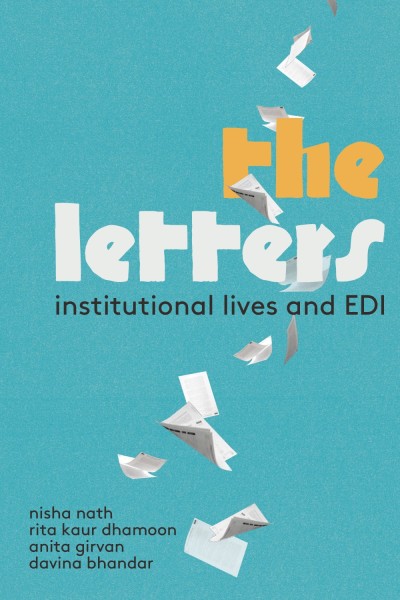
_cover-FINAL_400_600_90_s.jpg)
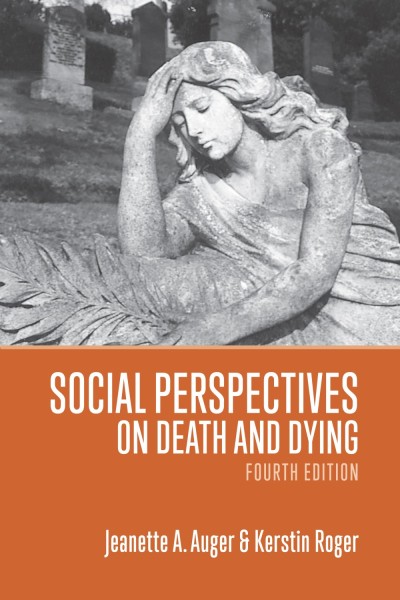



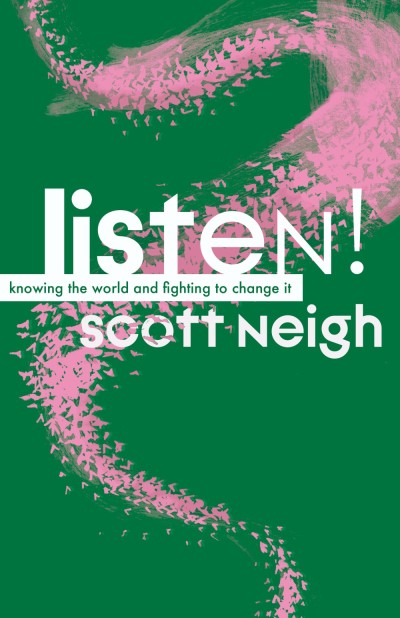
_cover-FINAL_400_600_90_s.jpg)
_cover-FINAL_400_600_90_s.jpg)
